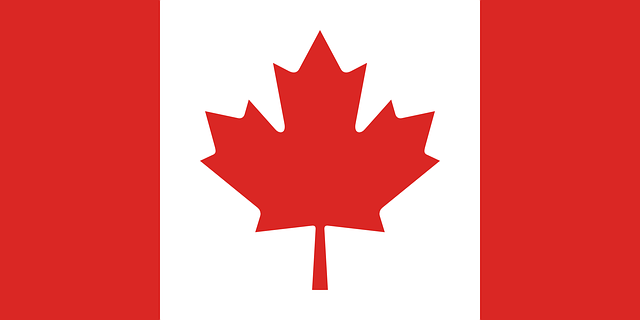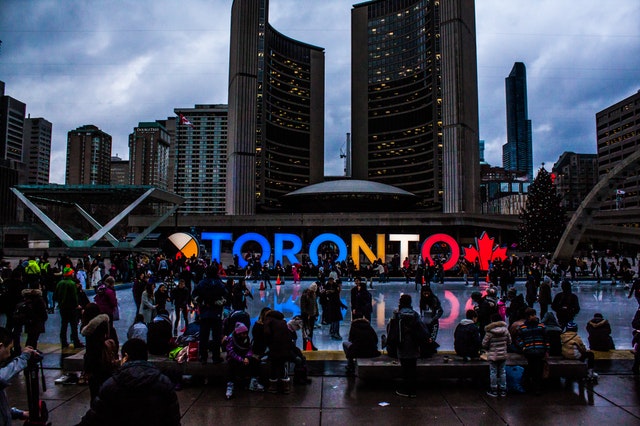It’s not uncommon, at various stages of life, to want a change of scenery that goes beyond moving to another street, or town. Indeed, the more adventurous women among us wish to relocate to an entirely different country and experience a new life in a different culture.
Depending on how adventurous you are, you could move to another continent, hemisphere or as far away as you want. You could, on the other hand, move to a place where the transition is likely to be smoother, but the experience different enough to be worthwhile. If you’re an American, there are few better options than heading to Canada.
Canada is certainly a welcoming country, where English is widely spoken and less of a culture shock awaiting you. However, leaving your country of origin is not at all the same as moving to the next town over. If you want to be prepared for such a move, here are some things you need to know before moving to Canada.
How easy is it to move to Canada from the US?
In truth, the move North from the USA is not completely straightforward; Canada has a points-based system for securing permanent residency and you’ll really help your case if you have a job to go to when you settle at your chosen destination. If you currently work for a company that has a presence in Canada, this might be a way to secure your move. There is also a skilled worker program that can accelerate your application to become a resident, known as Express Entry. You must also prove that you will have the means to support yourself once you are settled. Demonstrating that you have enough money or a steady job is essential.
Do I need to speak French to move to Canada?
The simple answer to this question is “no”, but, in truth, there is more to it than that. If you wish to move to the province of Quebec, you will either need to tick a lot more boxes on the “skilled worker” checklist or speak French fluently. In any case, if you hope to work or do business in Quebec anywhere outside Montreal, you’ll need to be at least highly conversant in the first language of the province. Montreal, which is more cosmopolitan, might be OK for someone who only speaks English – but Quebec City, or anywhere smaller, will be very difficult unless you’re a fast learner.
Where should I move to?
Where you move is entirely up to you, really. Many people gravitate immediately to Toronto; so many, in fact, that there is a misconception that it’s the capital city (which is incorrect, that’s Ottawa). Toronto is a fine city and worth checking out. Consider Vancouver, as well, which is a beautiful, cultural city and has become a popular filming location for many American TV series and movies.
The aforementioned Montreal and Quebec City are charming French-Canadian destinations with excellent street food, while Moncton and Winnipeg are also cities large enough to offer a cosmopolitan experience while not being overwhelming.
You don’t have to stick to any of the above, although they are some of the best-known cities in Canada. If you want a more straightforward Canadian way of life, then living and working in London might be more to your taste. A charming, forested city, London is filled with museums, green spaces and might be one of the best places in Canada to take a walk.
Will I qualify for Canada’s universal healthcare?
Canada is famous among Americans for having a taxpayer-funded universal healthcare system, which covers essential treatments and is free at the point of use. The ins and outs of the system depend to some extent on the province in which you settle. There are some allowances that people can access in Saskatchewan that might not be available in Manitoba, and so on.
Until you are settled as a permanent resident, you will be expected to cover your own medical expenses. Once you are settled, however, you will have the same rights under their Medicare system as any Canadian national. The healthcare Canada provides to its citizens is considered to be among the best in the world. That said, there are long wait-times for non-urgent treatments compared with other countries.
What is the cost of living like in Canada?
Compared to the USA, Canada is on a roughly similar level when it comes to average salaries, but the costs attached to living there permanently differ in a number of ways. As previously noted, Canada has universal healthcare, but this is funded through tax, to the tune of approximately US$6,000 annually. This is, however, much less than an average American adult will spend on health insurance, and covers more. If you have children or plan to have them, Canada also offers much more in the way of free education up until college.
On the other hand, everyday costs are in many cases significantly higher in Canada; you’ll be likely to pay out more for rent or mortgage costs, while food will also set you back more in most big cities. Be prepared for a rise in the cost of everyday life if you do move to Canada, but also recognize that there will be much more of a safety net for health emergencies. Put another way, you shouldn’t move to Canada for a cheaper life, but you will have fewer worries about unexpected expenses.
There’s a lot to recommend about Canada, and it is certainly a place worth considering if you want to take the plunge and make a life change. Just make sure you’re well informed before making any decisions.
 Women's Life Link Be Well, Be Happy, Be YOU!
Women's Life Link Be Well, Be Happy, Be YOU!







